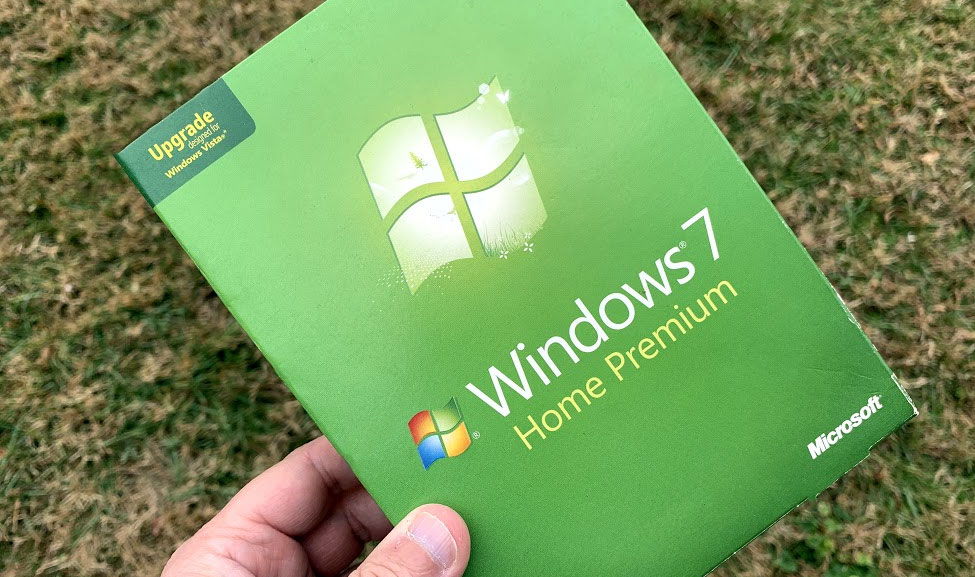Hundreds of millions of PCs still run Windows 7 as support comes to an end
Saying goodbye is never easy, and many Windows 7 users have opted not to.

The day has finally come, Windows 7 users, to either bite the bullet and choose another operating system or roll the dice with an OS that, for the most part, will no longer receive security updates from Microsoft. After today, Windows 7 officially becomes a legacy OS, leaving hundreds of millions of users with a decision to make.
Or you could, um, kick your PC to the curb and buy a Surface, I guess.
"After January 14, 2020, security updates or support for PCs running Windows 7 will no longer be provided. With a shift to Surface and Microsoft 365, your company devices will have security built in and your business will be ready for the future," Microsoft says.
Duly noted, Microsoft. The real message, though, is Windows 7 is no longer supported after today. What that means is Windows 7 PCs will stop receiving monthly security patches going forward (today is Patch Tuesday, so Windows 7 gets one last hurrah), and no more technical support. I would anticipate the rare emergency patch if there is another major ransomware outbreak, and business that pay for extended support can stretch things out another few years. But for the average user, this is the end of the road.
To be clear, Windows 7 will not stop functioning after today. Should you decide to throw caution to the wind, it's not as though your Windows 7 PC will refuse to boot or go up in smoke (not because of this, anyway). But you will be susceptible to new threats.
It remains to be seen if malicious actors will increasingly target Windows 7 PCs going forward. There are more users on Windows 10, but Windows 7 still accounts for 26.64 percent of the desktop market, according to data culled by Net Applications. Stats Counter reports a similar figure.
Market data is fuzzy business when it comes to the numbers, though, so estimates of just how many Windows 7 PCs are in the wild varies. ZDNet, for example, estimates there are around 200 million Windows 7 PCs, while Computer World's number crunching led to an estimate of there being 446 million Windows 7 systems by the end of the month (two months after the OS is retired).
The biggest gaming news, reviews and hardware deals
Keep up to date with the most important stories and the best deals, as picked by the PC Gamer team.
Let's split the difference and say its 323 million. That's a huge number, and with Microsoft no longer pushing out updates, it could make Windows 7 a more attractive target for hackers. On the plus side, Microsoft has said it will continue pushing out definition updates to MSE (Microsoft Security Essentials) on Windows 7 PCs. And of course there are third-party AV programs. If you're clinging to Windows 7, I'd highly recommend staying on top of AV updates, no matter which program you use.
What OS(es) are you running these days? If it's Windows 7, do you plan to upgrade to Windows 10?
Paul has been playing PC games and raking his knuckles on computer hardware since the Commodore 64. He does not have any tattoos, but thinks it would be cool to get one that reads LOAD"*",8,1. In his off time, he rides motorcycles and wrestles alligators (only one of those is true).


